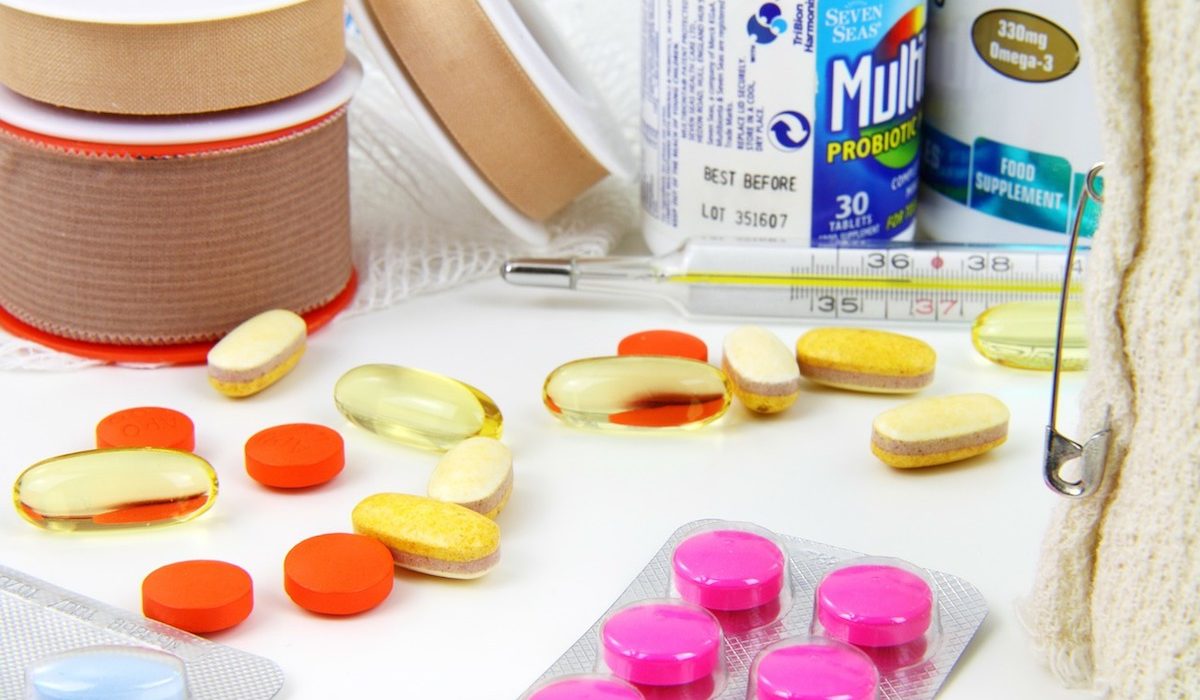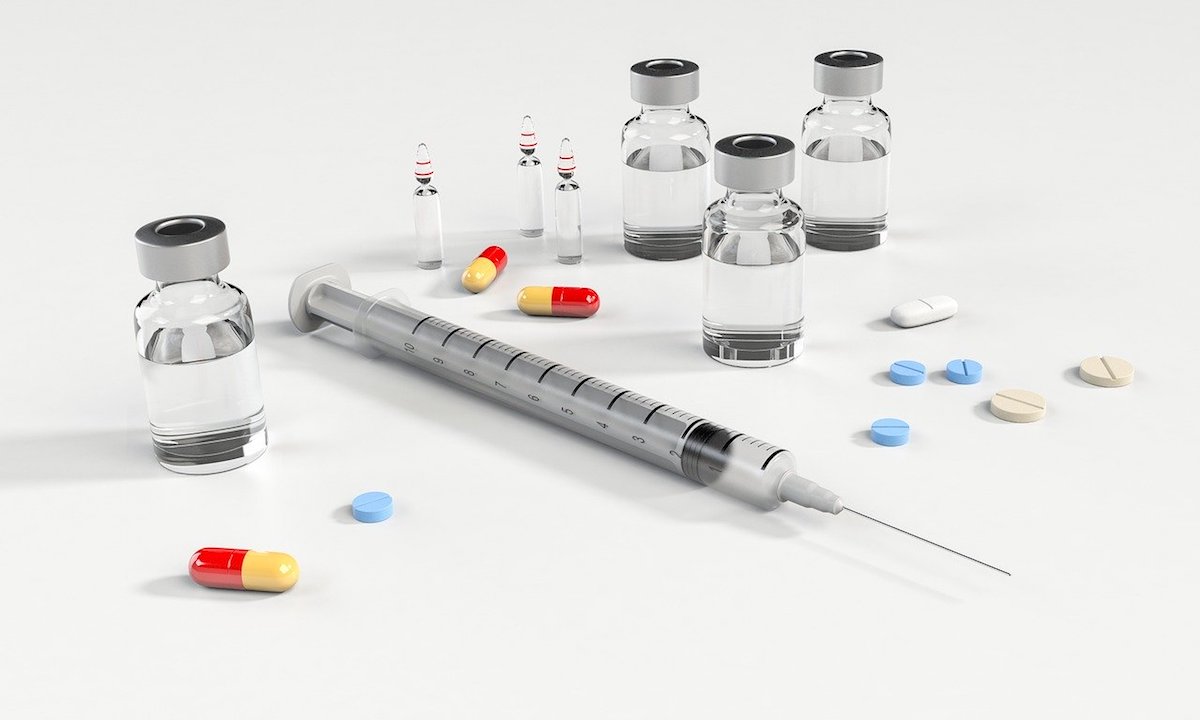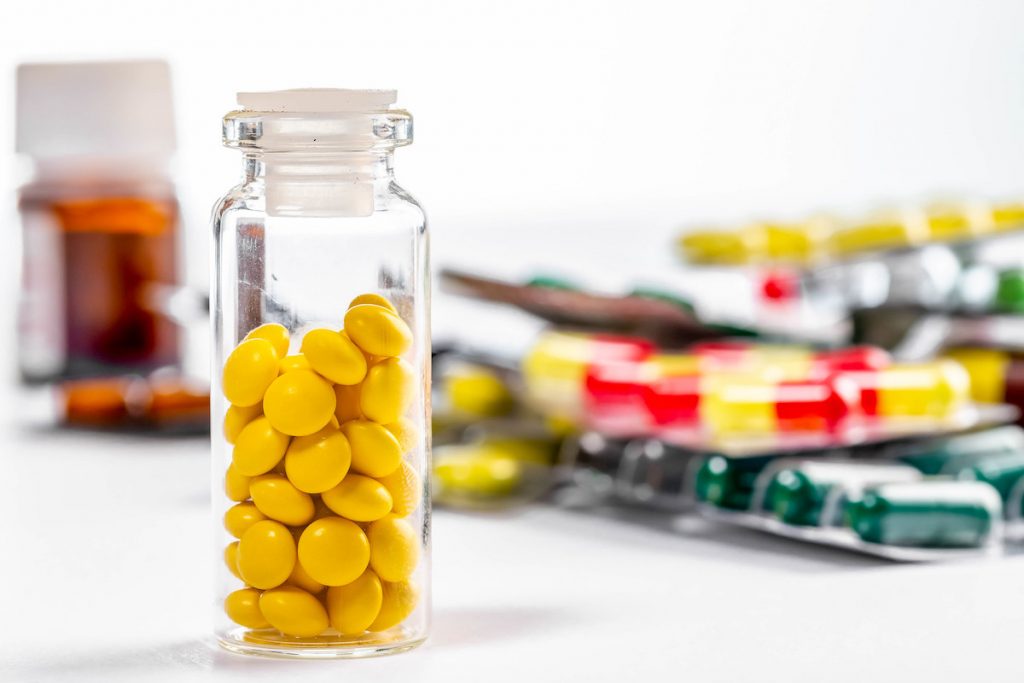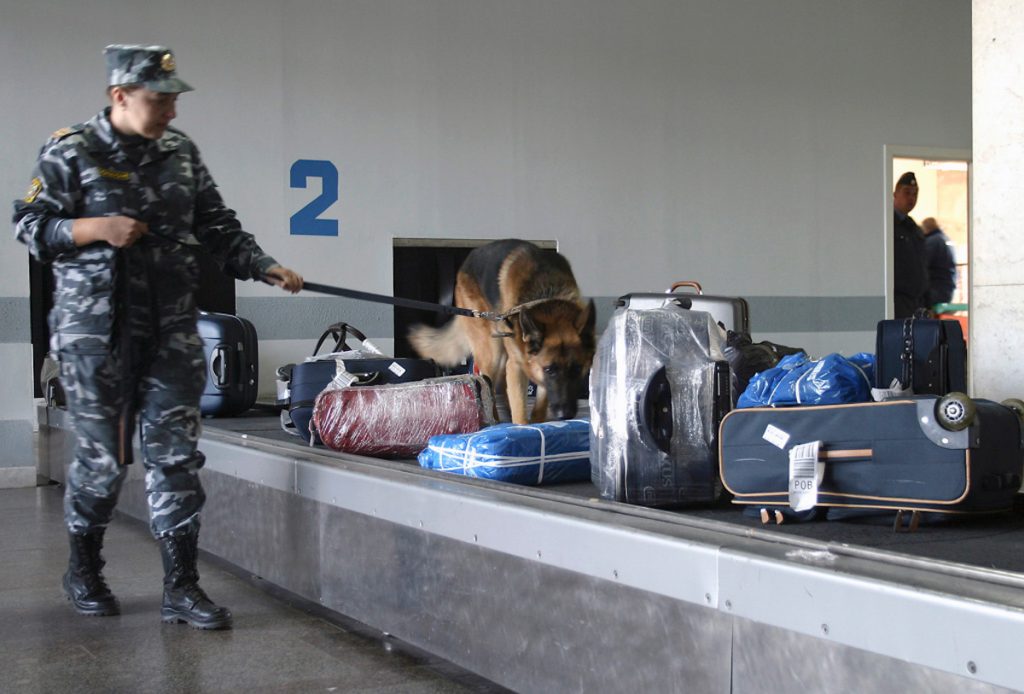TSA Medication Rules: How To Travel with Prescriptions Drugs & Medications

You might think that traveling with medication is easy as long as you have a prescription with you. But traveling with pills is more than just bringing your doctor’s order. Before chucking your pills in your bag, make sure to learn about TSA medication rules. The Transportation Security Administration (TSA) has a set of rules when it comes to traveling with prescription drugs. Doing so allows you to walk through airport security without any hassle or difficulty.
Whether it’s a local flight or international, here are the TSA medication rules for your convenience.
What is the TSA Medication Rules?

Photo by qimono from Pixabay
Do you have to declare prescription drugs? As per TSA medication rules, you don’t need to declare it unless it is in liquid form. This also applies to TSA rules for nonprescription medication. However, there are other rules to take note of when it comes to TSA medication.
- How much medication can I bring with me? As mentioned, you can bring as much medication in solid form as you need without declaring them. However, they still need to go through screening.
- Can you take tablet medication in your hand luggage? As per TSA medication rules, you can place them in both your carry-on bag and checked-in baggage.
- Medication in liquid form: You need to tell the TSA officer that you have medically necessary liquids with you at the start of the security process. Also, as per TSA liquid medicine rules, liquid medicine and medicated creams do not have to follow the 3-1-1 rule. You can bring more than 3.4 ounces of liquid medication and medicated creams. However, only bring reasonable quantities for the flight. This exemption does not cover over-the-counter liquid vitamins that are not medically necessary.
- Prescription bottles: TSA medication rules do not require passengers to place their medication in prescription bottles. However, there are different laws per state, so you need to check first before flying to your destination.
- X-ray screens medication: Passengers can opt not to have their medication x-rayed and have them manually inspected. Request this before your items are sent for x-ray screening.
- Ice packs are allowed: Traveling with refrigerated medication is fine as long as you declare the ice packs during the screening.
Local Flight TSA Rules
As per TSA, local flight travelers are allowed to bring reasonable amounts of both solid and liquid medications. They only need to declare if they have liquid medicines with them. You can place these either in your carry-on bags or checked-in luggage. However, having them in your carry-on provides easy access for you.
While TSA doesn’t require medications to be in prescription bottles, some states have their own laws. It’s best to check the state laws of your destination before traveling.
International Flights Medication Rules
While it may not be a problem traveling with medication locally, it can be an issue when flying internationally. International flight medication rules vary from country to country. Check the rules of the country you will be visiting to make sure your medicines are allowed there. Otherwise, consult your healthcare provider for alternative medicines. You can visit the International Narcotics Control Board (INCB) to learn more information about country regulations.
For instance, in Japan, some allergy medications and inhalers are illegal. In the Middle East, only a minimal amount of narcotics and some nonprescription drugs are allowed. Meanwhile, the United Arab Emirates (UAE) has stricter narcotics laws. Even if the foreign country allows your medications, it’s still best to keep the original bottles and prescriptions with you.
Tips On How To Travel With Prescription Drugs & Medications

Photo by Marco Verch from Flickr
If it’s your first time, it can be a bit stressful to travel with medications, especially if you don’t know the rules. Nobody wants to step aside at the baggage security for further inspection. What’s worse is having your medications confiscated! Apart from knowing the rules, learning how to pack your medicines for customs check is essential. This not just ensures you breeze through security. It also allows you to travel with your medications within easy reach.
- Organize your medications in your carry-on bag: The last thing you want is your luggage getting lost or stranded with your medicines in it. This is why it’s best to put your medications in your carry-on bag. Also, organize them in bottles or a pillbox, so they don’t look suspicious during screening.
- Be extra careful when flying with narcotics: Bring your prescription documents when flying with drugs. Though TSA doesn’t require them, medication rules, security may be stricter in some countries.
- Prioritize the meds you need to pack: This means skipping medications that are almost available everywhere. Aside from that, prioritize medicines that are vital to your survival, such as asthma inhalers, diabetic medications, or anti-seizure pills.
- Learn about refilling prescriptions overseas: It can be hard — or impossible — to refill prescriptions abroad. A solution is to learn about the generic forms and other names of your medicine from your doctor.
- Consult your doctor: Before you travel, visit your doctor. This way, you can discuss your wellness needs while traveling. Your healthcare provider can also give you a 30-day supply of your medication should you be gone for an extended time.
- Contact TSA Cares: To learn more information on packing prescription drugs and medications, contact TSA Cares at least 2 days before your flight.
Other Helpful Tips When Traveling With Medication
For a smoother and stress-free trip, follow these other helpful tips:
- Make it organized: While this isn’t required, it’s convenient to keep all your medications in a separate plastic bag. This makes it much easier during the screening process, should they ask you to take them out.
- You can bring accompanying medical items: Passengers are allowed to bring IV bags, syringes, or pumps, as long as you declare them during screening. These items will go through proper and standard screening, but you can request for manual inspection.
- Consider travel insurance: Travel insurances can be necessary when traveling for an extended period. Explore your options before traveling abroad, especially if you have an ongoing medical condition.
- Do not be evasive: Never look suspicious when traveling with medications. Aside from that, don’t hide anything. Let the authorities scan or inspect your items, including your medications. If you have the proper documents, then you have nothing to worry about.
- Bring extra medicine: Doctors often advise you to bring twice the amount of medication you need. This is in case there are flight delays or troubles that will require you to stay longer. It is also handy to have more medicines, just in case you run out of your medication in a foreign country.
- Pack carefully: If you have medications that are crucial to your functioning or survival, pack smart. You can color-code your pill containers and place them strategically in your carry-on bag. This way, you can easily reach for your medicine in case of an emergency. The last thing you want is panicking while searching for your allergy pills.
What Medicines to Declare While Passing Through The Airport Security?

Photo by Sergey Venyavsky from Wikimedia Commons
At the security checkpoint, you need to declare if you are traveling with any medications in liquid form. Doing so at the start of the screening will help make the process quicker and smoother, especially if you have medicines that are more than 3.4 ounces. The security officer may or may not ask for a prescription document. It’s best to bring one, just in case.
The screening officer may also ask you to take out your medications for further inspection. In some airports, they will ask you to open bottles with liquid medication for testing. The testing may mean pouring a small amount of it on a container for checking.
Other medical equipment also goes through screening, so you should put them all together in a separate bag. Should the security officer ask you to take them out, you spare yourself from scrambling through your bag.
Also, if you experience any problem during the bag inspection, it’s your right to talk with a TSA supervisor. As long as you have your prescription documents, you’ll be fine.
Pro Tips:
- If you’re traveling with prescription medications, it’s best to arrive early at the airport.
- Make sure your name on the prescription bottle and document matches that in your passport.
- Bring your pharmacy’s and doctor’s contact numbers, in case you need them.
Flying High?
With prescription medications, that is! Despite the tight security that airlines have, traveling with medication can be a breeze. As long as you abide by the TSA medication rules, you should be fine. While it’s not required to bring the prescriptions, it’s still smart to carry them with you, especially when you’re flying abroad. Take the time to check the embassy website of the country you’re visiting. This way, you get to avoid any troubles when traveling with medication.

